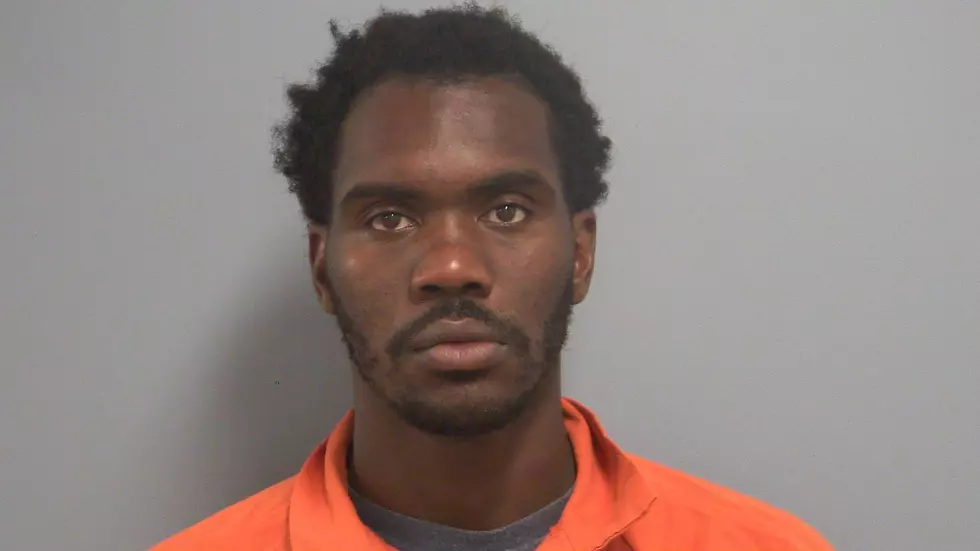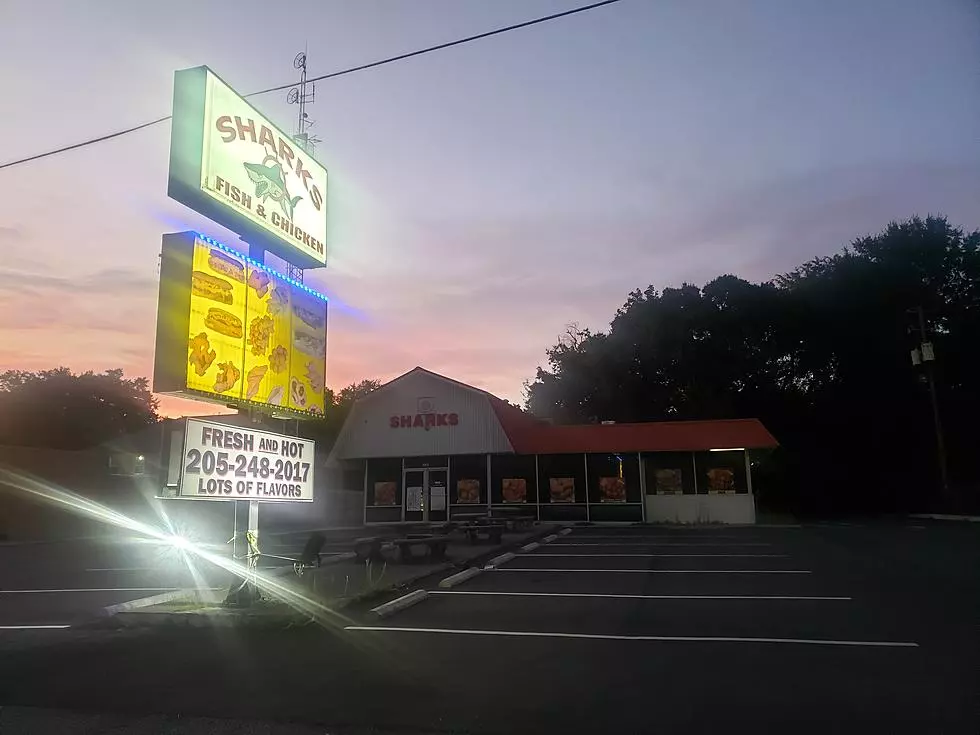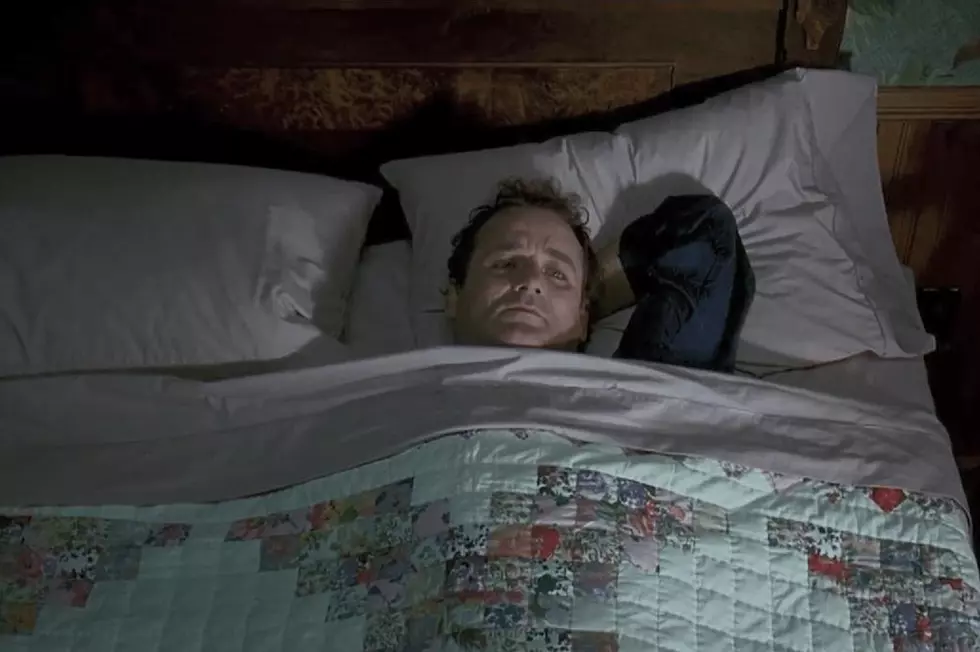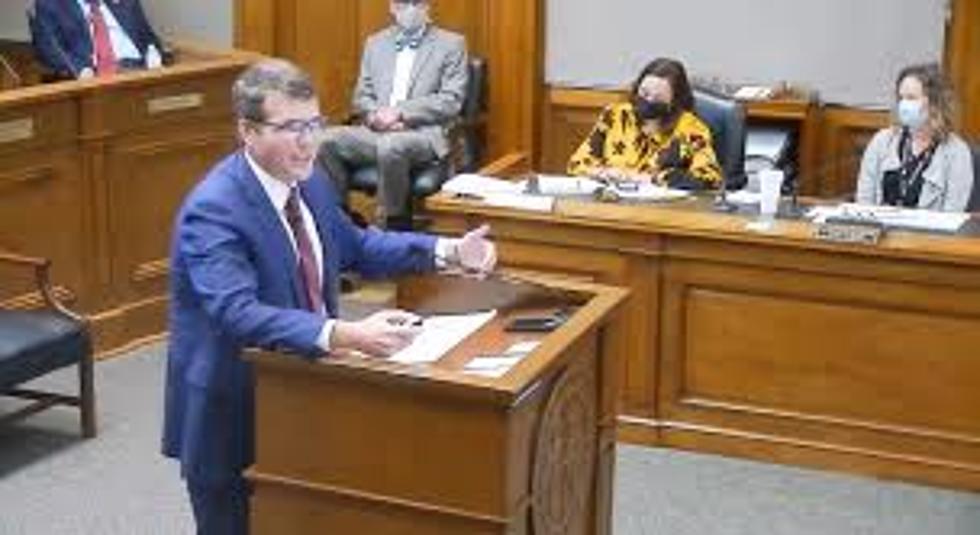
Tuscaloosa’s New Executive Order, Explained

Mayor Walt Maddox joined reporters Wednesday morning to offer explain his plans to issue executive orders in the city of Tuscaloosa that will mandate restrictions on bars, restaurants and entertainment venues this week to slow the spread of COVID-19.
The Tuscaloosa City Council voted 4-3 to declare a state of emergency and give Maddox broad authority act by executive order during their regular weekly session Tuesday night.
Maddox's primary concern in the coming weeks is the projected 20,000-plus young adults who will be returning to the University of Alabama campus for the Fall 2020 semester. One pending executive order will reduce late-night occupancy limits in restaurants and bars around town, coupled with the state's existing alcohol sale restrictions.
According to a Tuesday report from The Tuscaloosa Thread, Maddox plans to mandate that bars must operate at 50 percent capacity after 9 p.m. The Alabama Beverage Control Board already has a measure in place that restricts bars, restaurants and entertainment venues from selling alcohol past 11 p.m.
Part of the executive order will also mandate that restaurants with bars inside must cut off bar service at 9 p.m. Customers there can still order from their tables, though.
Taking today's numbers for the county, Maddox said the current coronavirus positive test rate is 11.69%. When UA students are added into that mix, that's a potential 2,338 case increase. With a similar hospitalization rate, 277 hospital beds will be needed to treat those new cases, and DCH Regional Medical Center – which serves most of West Alabama – is already almost to capacity.
"If your population is going to increase by 20,000, there is going to be some sort of impact," Maddox said. "And ultimately, those who write history will be able to tell us what it is, but we have to govern in the moment. The moment tells us that not acting will do more harm than taking methodical measures and strategic actions."
Maddox stressed that "we cannot ignore the obvious," but Tuscaloosa's main economic driver is the University of Alabama. He added that student spending alone represents a $366 revenue stream for the city. The decision to limit that economic growth, he said, cannot come lightly, but this executive order is essential to fighting the coronavirus in the community. Maddox mentioned proactivity – putting measures in place to limit the spread now will make for less damage control later.
August, according to Maddox, is going to be perhaps "one of the most important months in the recent history of Tuscaloosa." As the health care system cannot handle a widespread COVID-19 infection, neither can the economic system. And things that may have seemed impossible four months ago are becoming the new status quo today.
"We have to think through the fact that there could be online students," Maddox said. "As many as 21,000-plus students who live out of state. Imagine if they could come to the University of Alabama without ever leaving Dallas, Texas or Richmond, Virginia."
It's up to Maddox to determine and prepare for the economic impact across the city if these realities take place. And while few concrete decisions have been made besides the University of Alabama's plans to offer hybrid and virtual learning, Maddox is not blind to the trends that he sees across the nation, and he's working to prepare to follow suit if the data demands it.
"If we don't take advantage of this month, knowing we have 20,000-plus citizens coming in, if we don't continue to control the spread of the coronavirus, we not only place our healthcare system in jeopardy, we place our entire economy for months with impacts potentially for years," Maddox said.
What Maddox is recommending to the city council will impact a lot of people, and he acknowledged that. But, he encouraged that "very few businesses" will see a detrimental effect because of his order. The city of Tuscaloosa has 6,095 businesses. Maddox's order will impact 2.3% of businesses or 140 total. He added that 23% of restaurants will see an impact as well. He sees these figures as a small economic impact, but a large impact on stopping the spread of COVID-19.
"All of us know that younger people tend to gravitate toward bars and restaurants. I certainly do, and chances are if I were that age again I probably would make that same decision," Maddox said. "But knowing that the spread can go rapidly in places like
that, pause the city, begin taking action in this first, small step into ensuring that we keep our healthcare system alive and well and ensuring that we keep our entire economy alive and well."
Maddox emphasized that he is not out to vilify any disgruntled restaurant or bar owners who were looking forward to the revenue spike they see from UA students every year. But, a quick drive down University Boulevard on a Friday night proved to him that current measures were not working, and adding thousands of students to the problem won't stop the spread of the disease.
"If you looked at Restart Tuscaloosa, the city invested over a million dollars in small businesses. I think the largest shares actually went into restaurants and bars," Maddox said. "But it's undeniable that wherever we see gatherings, especially young people, is in our restaurants and bars."
Enforcing the current mask mandate and social distancing guidelines is near impossible when a university's worth of students are pitted against a comparatively small local police force. Maddox said that the solution to this is the occupancy limits he plans to set. If restaurants and bars are required to remain well under capacity than what the fire code allows, students will not be able to swell the spaces and infect everyone around them. Maddox explained that one COVID-19 case in one bar in town could be potentially dire for the city's health care system, as a chain reaction could easily get out of hand before a doctor is able to catch and treat the patient zero.
"If we send law enforcement to a bar, where we have a report where there's no social distancing or not enough masks, by the time we get there, people are going to have left or will have pulled their masks out of their pocket and put it on and there's nothing we can do," Maddox said. "By changing the occupancy, it gives us a better ability to enforce the issues that we saw, that we've been seeing, in large amounts."
The executive order or orders will be drafted and signed by tomorrow evening, Maddox said.
"There are nearly 100,000 jobs in Tuscaloosa County and a large majority of those residing in and around the city of Tuscaloosa," Maddox said. "I have a responsibility to every one of those men and women today to do my best and do everything in my power to make certain that they still have the opportunity next week, next month, next year. The stakes have never been higher."
Stay tuned to this site for more details as they become available. To see Maddox's full presentation, click here.
More From Alt 101.7









